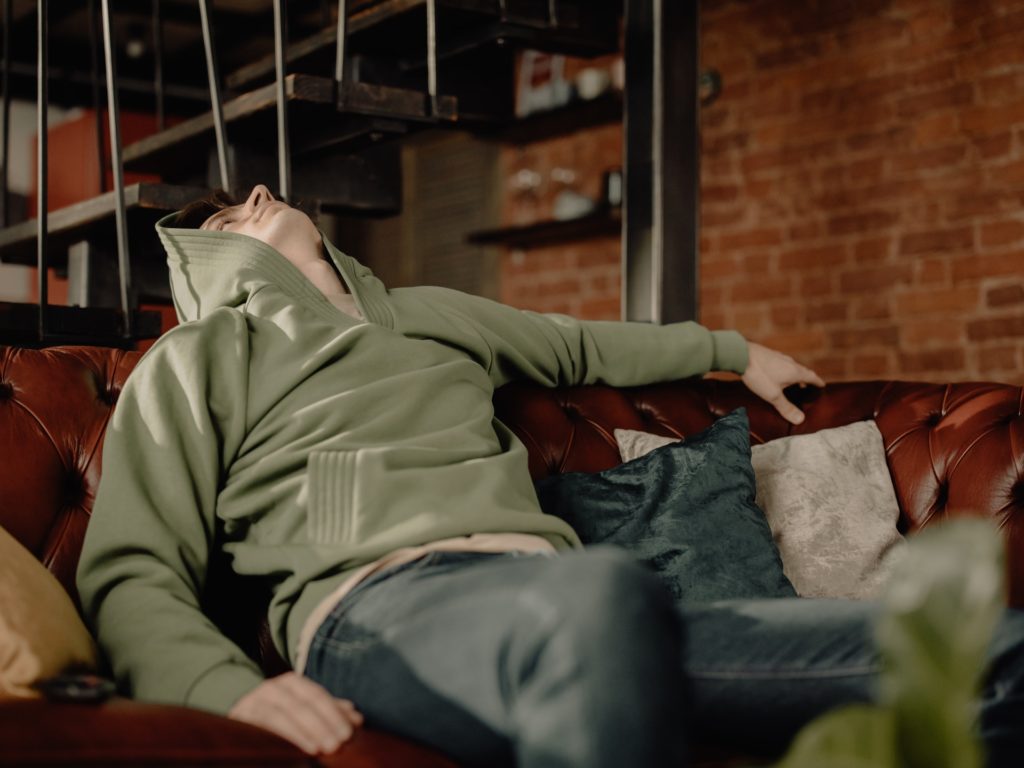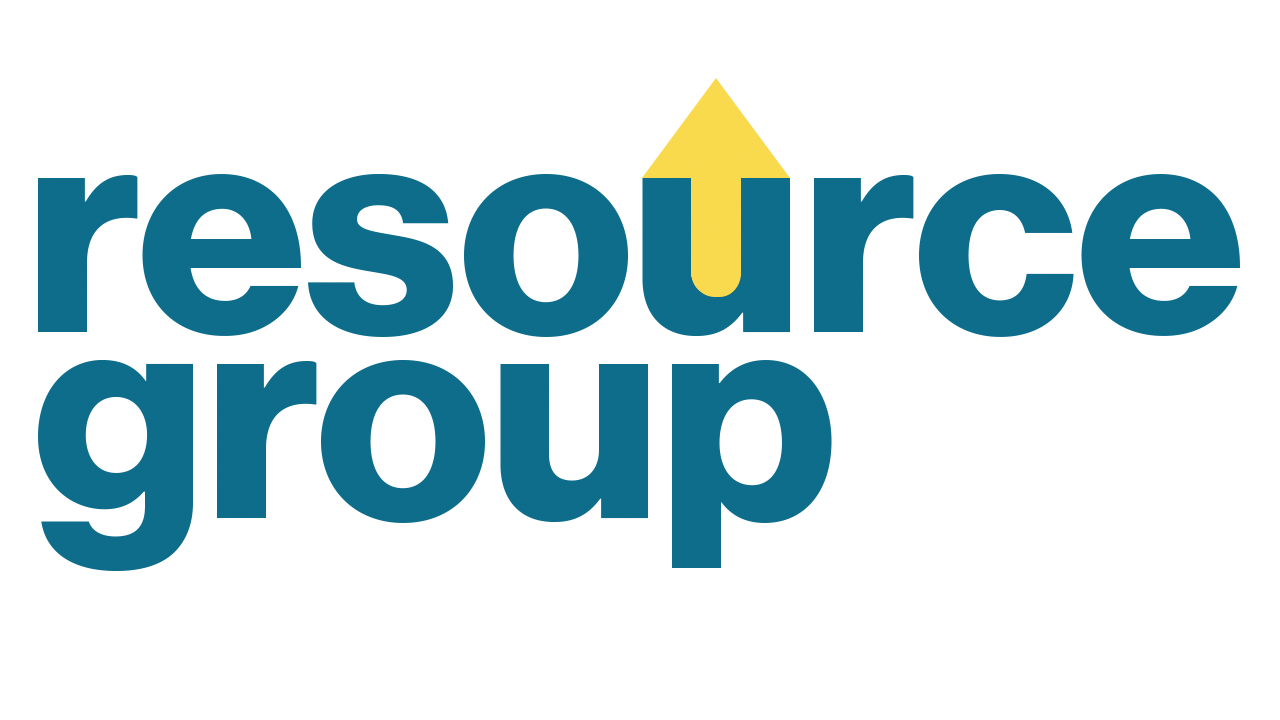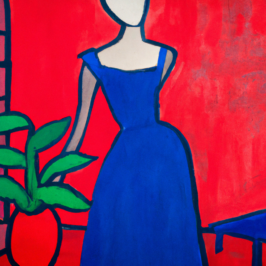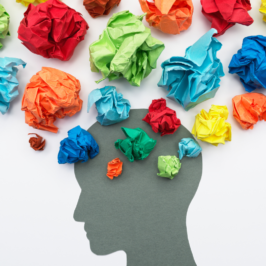
By: Thomas A. Glass, PhD, ADT
The dictionary defines hijacking as “….to unlawfully seize in transit and force it to go to a different destination or use it for one’s own purposes.” But what does it mean for our brain to get hijacked? Repeated, habitual use of psychoactive substances, like alcohol, marijuana, heroin, cocaine, and LSD, can completely change not only the way we think, but function day-to-day. Over time, the same systems that keep us alive, allow us to learn, and experience pleasure get seized, taken over, and used for a single purpose: to repeat the cycle of using.
The changes in the brain after this are deep and profound. Neurons (the basic cells of the brain) are physically altered, producing chemical imbalances that become “hard-wired.” The addicted brain “thinks” it’s normal to be high. When the substance is taken away, alarm bells go off, and we experience withdrawal symptoms that are so unpleasant, from depression and insomnia to nausea and hallucinations, that we will stop at nothing to relieve those symptoms by picking up again.
The good news is that the hijacked brain does heal. In time, if we are patient and remain sober, the alterations to our brain systems will gradually go back to our pre-using normal.
But even when the acute withdrawal ends (between 1 and 10 days depending on the substance), the brain is just starting to heal. We are likely to experience intense boredom, apathy, and discouragement. Scientists call this anhedonia. We’ve lost interest in things that we used to enjoy and all we can think of is our drug of choice.
That’s all normal for the hijacked brain.
Undoing those changes is natural . . . but time-consuming. The hijacked brain took years to develop, so the healing won’t happen overnight. In a timeframe of between three and twelve months (depending on the substance and duration of use), brain systems will re-organize, receptors needed to find enjoyment will be replenished, and the boredom and loss of interest in normal life activities will go away.
Until that happens, we must stay patient, get to work in recovery, stay connected to others, and trust that the healing process will work.
DISCLAIMER
The information, including but not limited to, text, graphics, images and other material contained on this website are for informational purposes only. No material on this site is intended to be a substitute for professional medical advice, diagnosis, or treatment. Always seek the advice of your physician or other qualified healthcare provider with any questions you may have regarding a medical condition or treatment and before undertaking a new health care regimen, and never disregard professional medical advice or delay in seeking it because of something you have read on this website.






